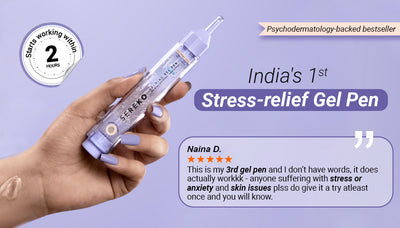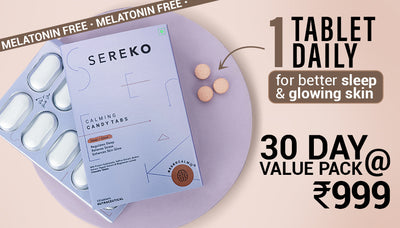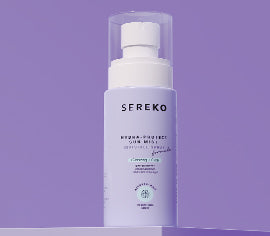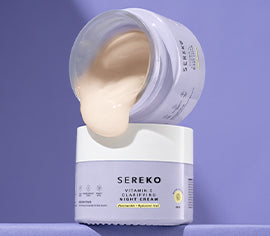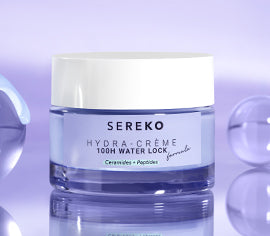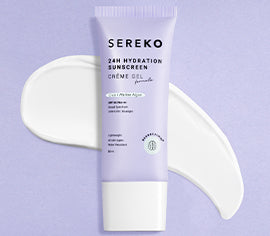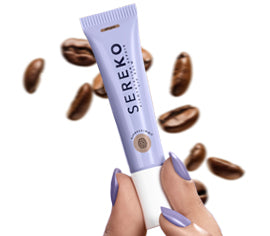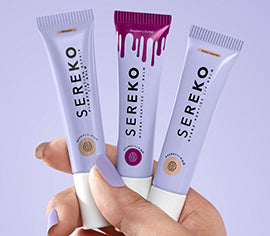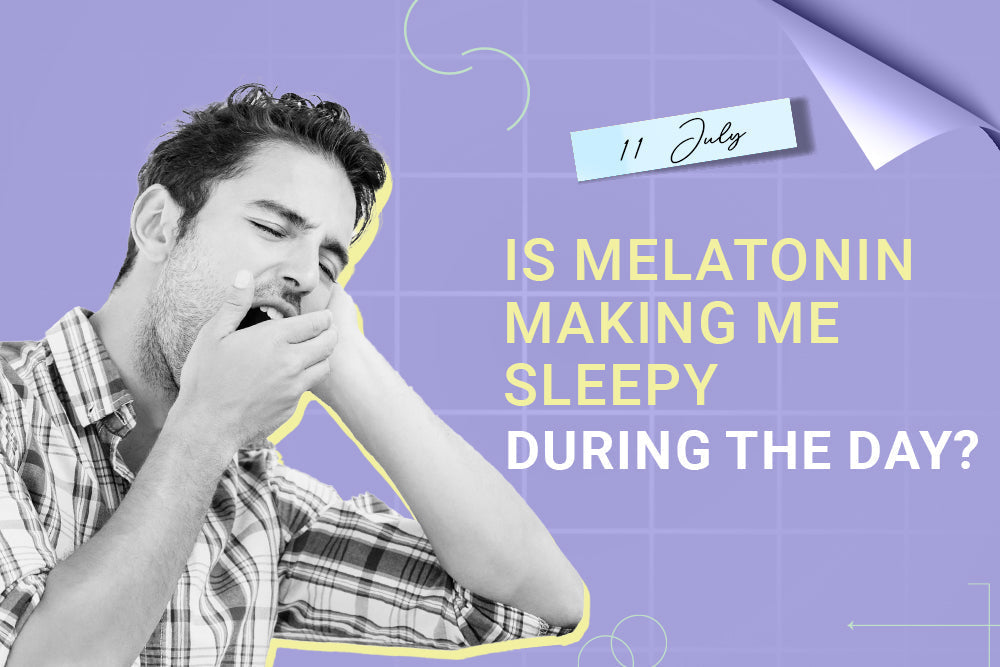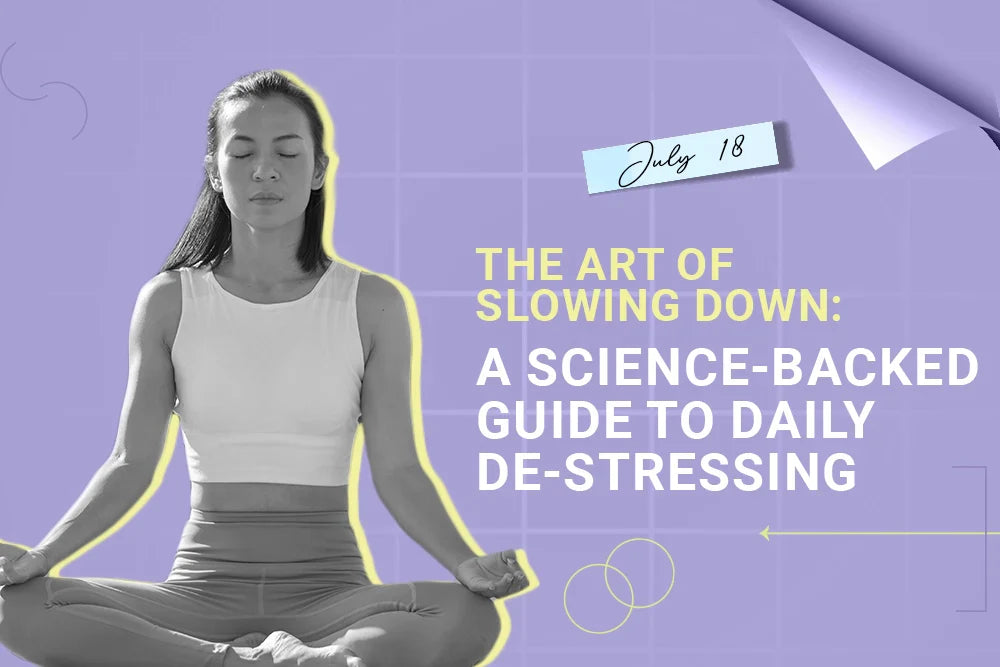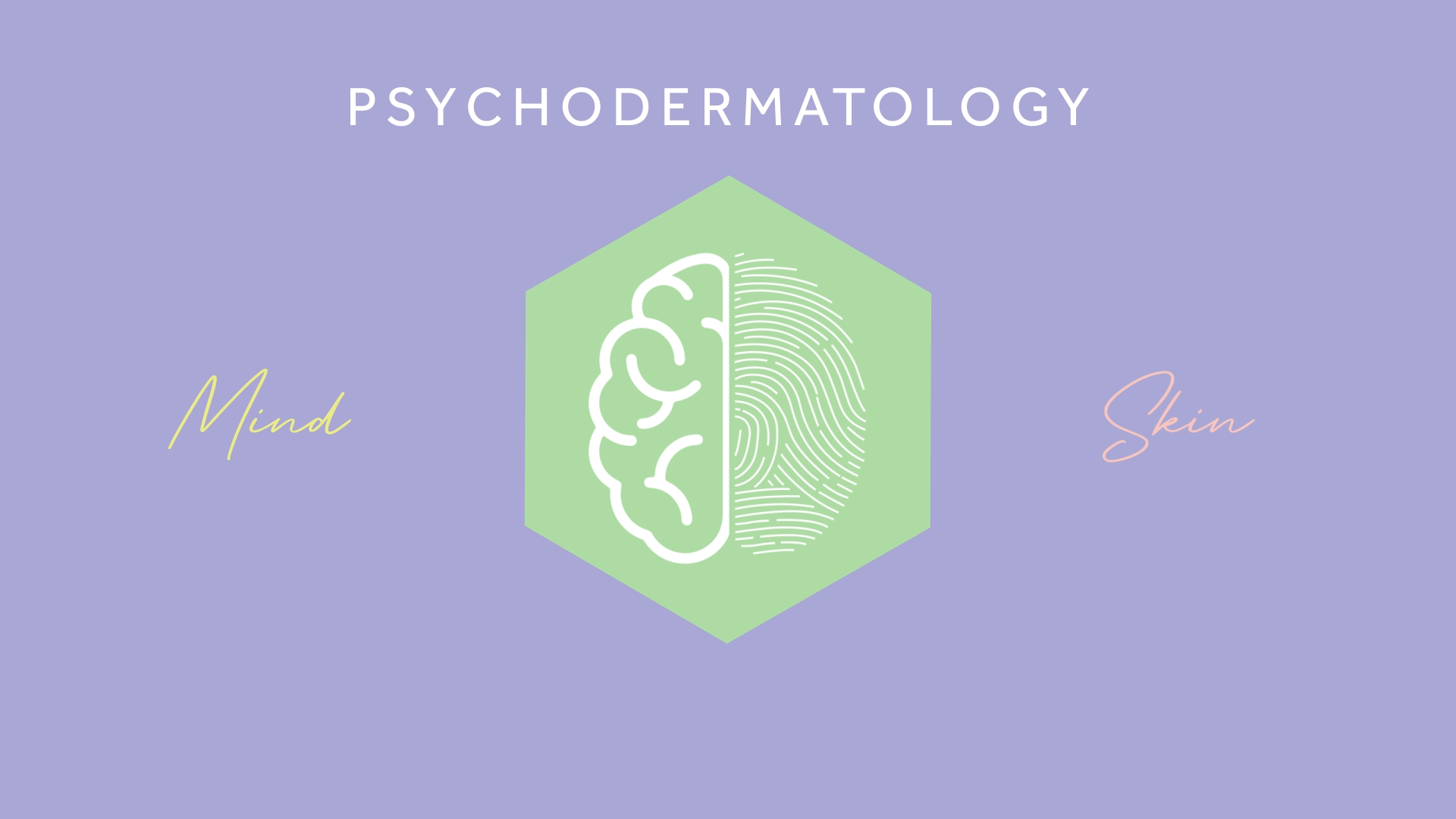We all feel anxious from time to time before an exam, a big presentation, or while waiting for important news. But an anxiety attack is something different. It’s not just nervous butterflies or overthinking. It’s a full-body experience that can feel overwhelming, confusing, and even frightening, especially if you don’t know what’s happening.
Let’s break it down so you can understand what an anxiety attack really feels like, what causes it, and what you can do to support yourself or someone else through it.
First, What Is an Anxiety Attack?
While “anxiety attack” isn’t a formal medical term (unlike panic attacks, which are defined in the DSM-5), it’s widely used to describe a sudden surge of intense anxiety or fear that builds up and feels difficult to control.
Some people experience them occasionally, triggered by high-stress situations. Others may deal with them more frequently, especially if they’re living with an anxiety disorder.
What Does It Feel Like?
The symptoms of an anxiety attack can be both physical and emotional, often making it feel like something much more serious, like a heart problem or a medical emergency. Here’s what people commonly report:
Physical Symptoms
-
Racing or pounding heart - It can feel like your chest is about to burst.
-
Shortness of breath - Breathing becomes shallow, fast, or feels restricted.
-
Tightness in the chest - Some even describe it as painful, similar to a panic attack.
-
Dizziness or lightheadedness - Like the room is spinning or you’re about to faint.
-
Sweating and chills - Sudden temperature changes or clammy skin.
-
Tingling in hands or feet - A sign that your nervous system is in overdrive.
-
Tense muscles or trembling - Your body may shake involuntarily or feel rigid.
-
Nausea or stomach discomfort - The gut-brain connection is real and very active during anxiety.
Emotional & Cognitive Symptoms
-
Racing thoughts - A mental spiral you can’t seem to stop.
-
Overwhelming fear or dread - Often about losing control or something bad happening.
-
Sense of detachment - Feeling disconnected from reality or from your own body.
-
Irritability or restlessness - A strong urge to move or escape.
“It felt like my body was sounding an alarm, but I didn’t know why. I thought something was seriously wrong with me.” - A common reflection from those who’ve had their first anxiety attack.
What Causes an Anxiety Attack?
There’s no one-size-fits-all answer, but some common triggers include:
-
Stress overload - From work, relationships, or life transitions.
-
Sleep deprivation - Lack of rest can weaken your stress response.
-
Caffeine or alcohol - These can stimulate or destabilise your nervous system.
-
Underlying anxiety disorders - Such as generalized anxiety, social anxiety, or PTSD.
-
Hormonal shifts - Including PMS, perimenopause, or chronic inflammation.
And sometimes, there’s no clear trigger at all. That’s often what makes anxiety attacks so distressing; they can feel random or out of your control.
Is It the Same as a Panic Attack?
They’re similar, but not quite the same. A panic attack typically comes on very suddenly, peaks within 10 minutes, and can mimic heart attack symptoms. Anxiety attacks, on the other hand, tend to build gradually, can last longer, and are often tied to specific stressors or thought patterns.
What Can You Do During an Anxiety Attack?
Here’s what might help in the moment:
-
Regulate your breathing - Inhale slowly for 4 seconds, hold for 4 seconds, and exhale slowly.
-
Use grounding techniques - Focus on what you can see, hear, touch, smell, and taste.
-
Sip cold water or splash your face - This can help reset your nervous system.
-
Step away from overstimulation - Turn off harsh lights or sounds.
-
Remind yourself: “This will pass.” - It’s temporary, even if it doesn’t feel that way.
Supporting Long-Term Anxiety Health
Managing anxiety isn’t just about dealing with attacks, it’s about supporting your nervous system every day. That includes:
-
Getting consistent, restorative sleep
-
Nourishing your body and gut
-
Moving regularly (even gentle walks help)
-
Limiting stimulants like caffeine and sugar
-
Practicing calming rituals: breathwork, journaling, warm showers, etc.
When to Seek Help
If anxiety attacks are affecting your daily life, relationships, or sleep, don’t wait. You’re not overreacting. Mental health professionals can help identify the root cause and create a personalized plan for recovery, whether it includes therapy, lifestyle changes, or supplements that support your body’s stress response.
SEREKO: The Mind-Skin Connection
What many people don’t realize is that anxiety doesn’t just live in your head; it shows up on your skin too. From stress breakouts and dullness to flare-ups of eczema or rosacea, your skin is often a mirror of your mental state.
That’s why at SEREKO, we approach skincare through the lens of psychodermatology, supporting both emotional well-being and skin health with clinically backed solutions.
At the heart of all our products is NeuroCalm®, our clinically proven proprietary, patent-pending complex, scientifically proven to reduce stress and uplift mood. While all SEREKO products are infused with NeuroCalm, our two best sellers, the Calming Gel Pen and the Calming Candy Tabs, contain the highest concentration of this powerful formula for a more targeted stress-skin solution.
Bestseller #1: Calming Gel Pen (Skincare)

A skincare essential and mood ally rolled into one, the Calming Gel Pen is your on-the-go solution to ease daily stress while calming your skin.
Why it works:
Infused with NeuroCalm(S)®, this lightweight, fast-absorbing gel is clinically shown to reduce cortisol levels (up to 70%) and boost relaxing neuropeptides (by 163%).
Key Benefits:
-
Reduces stress, anxiety, and mood swings
-
Spot treats acne and dark spots
-
Depuffs under-eyes and brightens crow’s feet
-
Cools and hydrates dry, irritated patches
Hero Ingredients:
-
Cica: Calms inflammation and fades dark spots
-
Wild Indigo: Reduces skin stress and improves mood
-
Tea Tree Oil, Basil Oil, Marine Algae: Soothe, hydrate, and detox skin
Pro-Tip: Apply to wrists, temples, under-eyes, or breakouts as needed — anytime your mind or skin feels off balance.
Bestseller #2: Calming Candy Tabs (Neutraceutical)

These chocolate-flavoured, melatonin-free candy tabs are a functional supplement for better sleep, brighter skin, and a calmer mind, all in one.
Why it works:
Formulated with an oral grade of NeuroCalm(I)®, these tabs are clinically proven to:
-
Improve sleep quality by 30.6%
-
Reduce sleep disturbances by 38.1%
-
Boost skin glow by 78%
-
Support mood and reduce anxiety
Key Benefits:
-
Enhances sleep quality and duration
-
Reduces stress, anxiety, and mood swings
-
Supports collagen and skin hydration for visible glow
Hero Ingredients:
-
Magnesium Lactate, Hydrolyzed Milk Protein: Calm the mind and hydrate the skin
-
Saffron Extract, Brahmi: Uplift mood and soothe sensitivity
-
Piperine: Improves skin tone and enhances absorption
How to Use: Take 2–3 tablets daily for best results.
With SEREKO, every formula begins with the belief that your skin and mind are deeply connected and that skincare should nurture both.
Conclusion
SEREKO’s calming formulations are designed to work with your body’s natural rhythms, supporting better sleep, balanced mood, and resilient skin.
We combine psychodermatology-backed ingredients with skin-friendly adaptogens to help you stay calm, clear, and in control, even on tough days.
Explore the SEREKO Calming Range now.
Happy Mind, Happy Skin.
